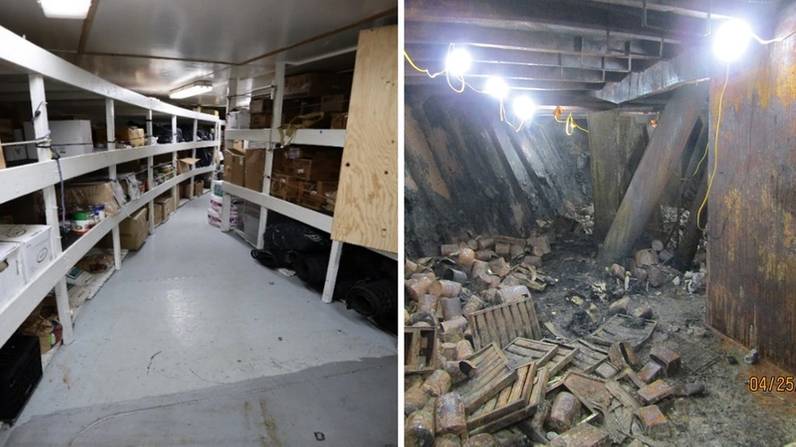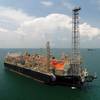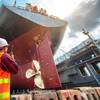Alert Systems Failed to Notify Crew in Fishing Vessel Fire -NTSB
A fishing vessel's fire detection and notification system failed to notify crewmembers when the stern trawler caught fire in Tacoma, Wash. last spring.
The Kodiak Enterprise was docked at a Trident Seafoods facility in Tacoma when a fire broke out in its the dry stores room on April 8, 2023, the National Transportation Safety Board (NTSB) said in its recent report on the incident.
A deckhand from a nearby vessel first saw the fire and reported it to a Trident security guard, who then called a Trident official, who then alerted the four sleeping crewmembers, who were living onboard during the scheduled overhaul. Each emerged uninjured,
The fire burned for six days, and the vessel was declared a total loss of $56.6 million.
According to the NTSB, the Kodiak Enterprise's fire detection and notification system, which was designed to send an alarm by text or email when set for in-port operation, did not send a notification the night of the fire. Investigators determined the vessel’s inadequate fire detection and notification system—which was not designed to sound in crew accommodation spaces and failed to wirelessly alert shoreside contacts—contributed to the risk to the onboard crewmembers and to the severity of the fire.

The dry stores room before (left) and after the fire (right). (Source: Trident Seafoods and U.S. Coast Guard)
“Vessel wireless monitoring and notification systems with an “in-port” setting allow operators to be notified of a potential emergency when a vessel is moored at the dock and crews are not standing a 24-hour watch,” the report said. “Vessel operators should test the system on a set schedule to ensure it properly notifies the recipients of the alert. When the vessel is undergoing repair work that can cause false alarms, such as hot work, crewmembers should check the fire detection and notification system to ensure it is operating following the completion of work.”
The system was supposed to alert two shoreside contacts if a fire was detected. The crewmembers living on board were not listed among the notification system’s designated contacts. The report highlights that “crewmembers living or staying on board a vessel while it is in port should be included on the system’s designated contacts to be notified immediately in case of a fire or other emergency.”
Investigators could not definitively determine the cause of the fire in the dry stores room due to extensive damage. It was likely caused by an unknown electrical source in the dry stores room.














